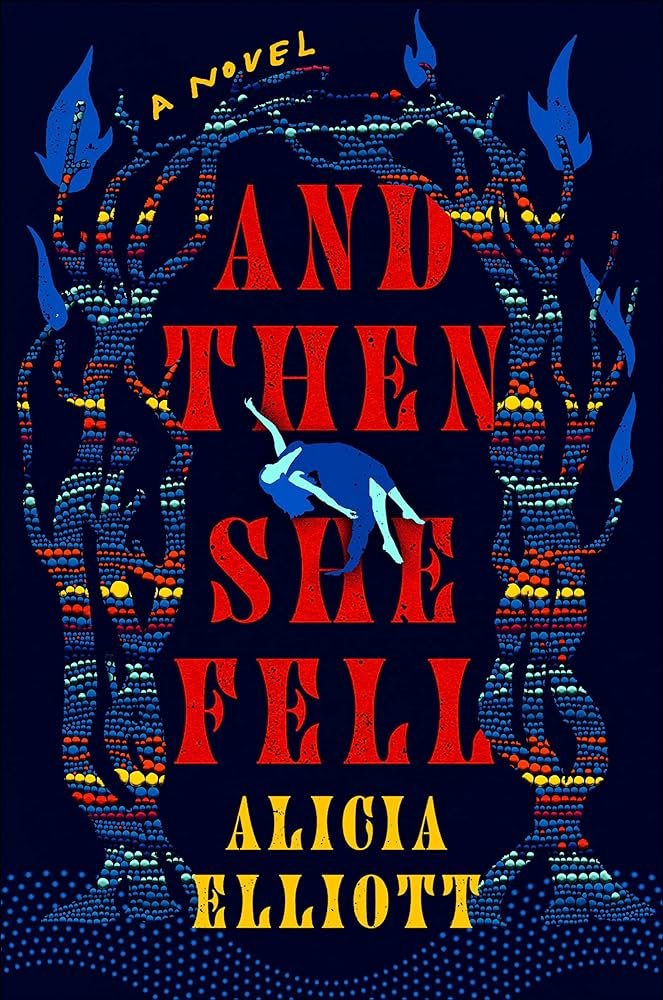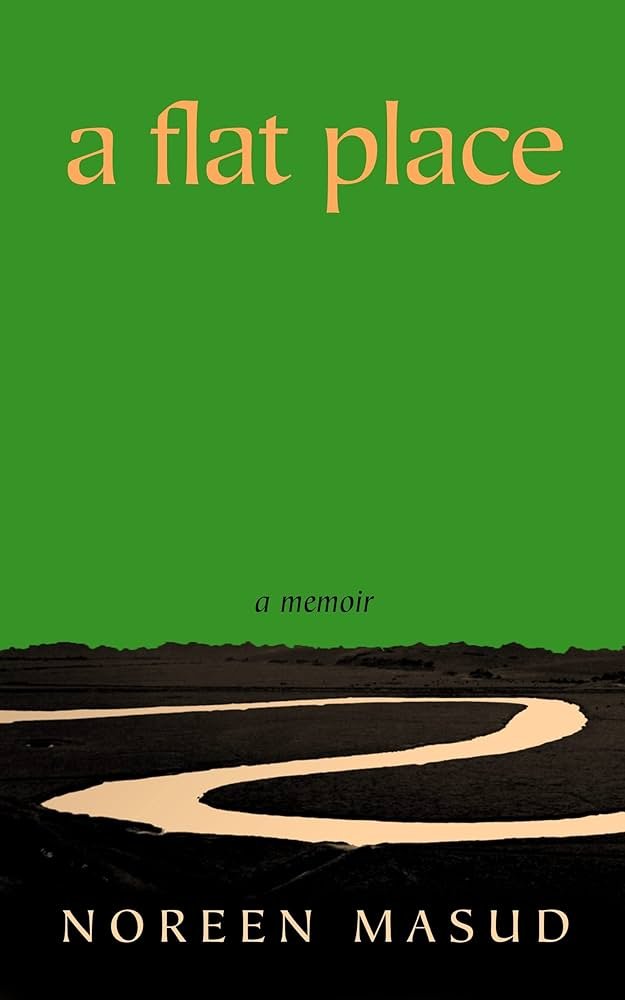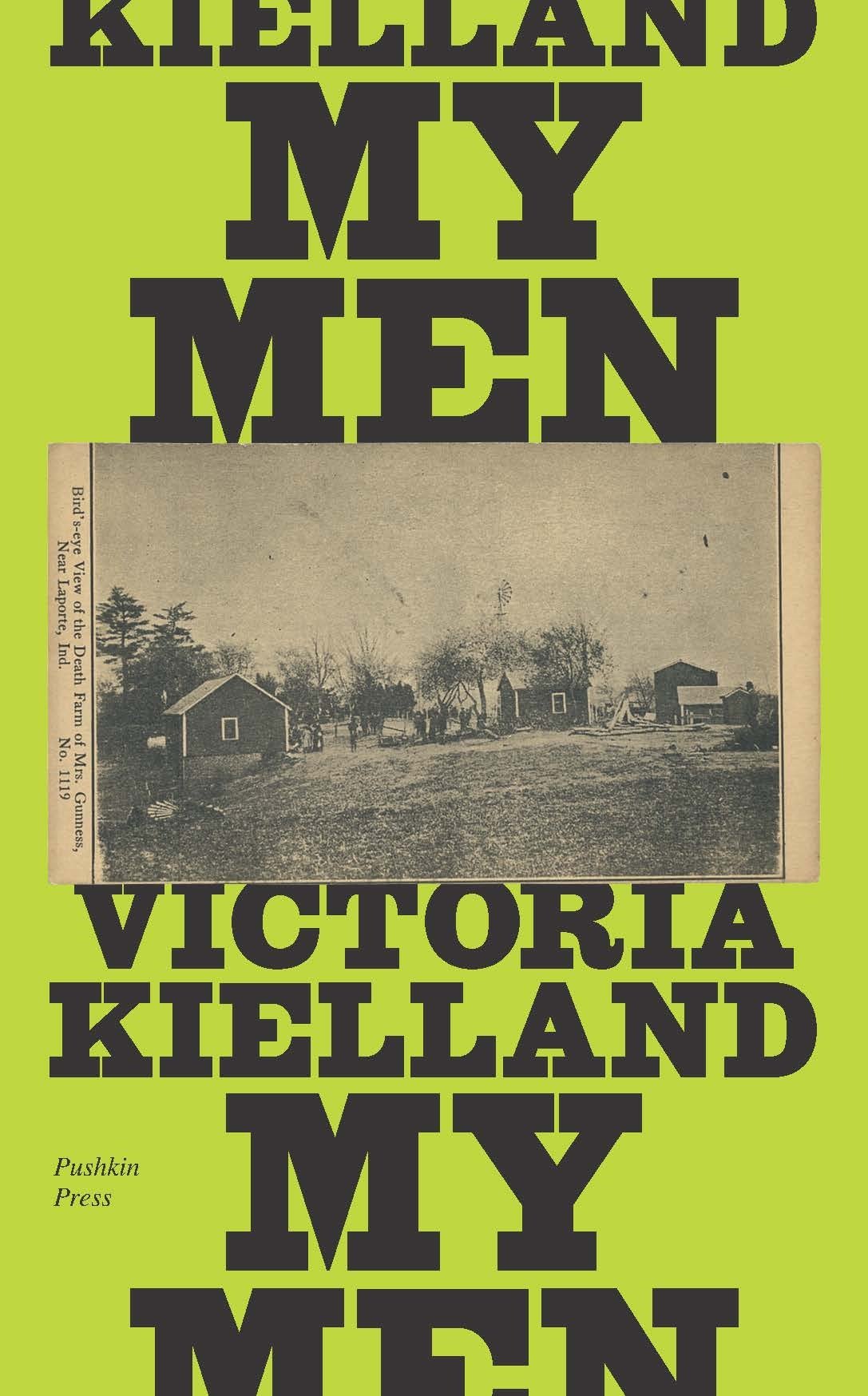In the past couple of years it's been exciting to see new books coming out which self consciously build upon canonical literature from the past. “Demon Copperhead” brilliantly reimagined “David Copperfield” in contemporary rural America. Sandra Newman's “Julia” was a clever retelling of “1984” from the point of view of Winston's love interest. I'm sure there have been others and this isn't a new phenomenon. “Wide Sargasso Sea” is an excellent example of taking a striking character whose perspective we don't get in the original, the so-called mad woman in the attic from Bronte's “Jane Eyre” and imagining this world from her point of view. And now Percival Everett has used a similar method in the much talked about and highly publicised new novel “James”. I think this book deserves all the attention it's been getting! It shows some of the same events from Mark Twain's classic “Adventures of Huckleberry Finn” from the character of Jim's perspective. Utilizing Everett's customary sense of wit and satire, he re-envisions this story and period of history to give a refreshing and revelatory take on James' precarious position as a runaway slave, his struggle to free his family and his yearning to achieve a sense of freedom outside the boundaries of the subjugation he's been born into during the Antebellum South.
Firstly, though I don't think it's absolutely necessary, I did reread “Tom Sawyer” and “Adventures of Huckleberry Finn” before getting to this novel. I had read abridged versions of both when I was younger. Reading them as an adult was largely enjoyable though I now find it difficult to relate (or care much) about these boys' cravings for high adventure and high-jinks in their rural community. The episodic story seems designed for the entertainment of young boys so often it felt like the plot was unrealistically skewed to show these adolescent characters triumphing in situations and coincidentally happening upon dramatic scenes. This leads them to achieve great fortune at the end of “Tom Sawyer” and “Huck Finn” does feel like a stronger book in many ways. It's especially vivid and terrifying reading about Huck's abuse under his father at the beginning. Nevertheless, his journey thereafter often feels like a game he's playing. All the while Jim is portrayed as the honourable, superstitious and mild-mannered character at Huck's side. His friendship with Huck is touching. It's impressive how Twain's novel deals with the moral complexity Huck feels growing up in a culture where people with Jim's skin colour are treated as property but his growing emotional connection to Jim disallows him from seeing Jim in this way. But, obviously, this is only one side of the story. Of course, it's also jarring reading these novels today given the language used.
Interestingly, in Paul Beatty's 2016 Booker Prize winning novel “The Sellout” there's a fascinating and funny debate where a character named Foy Chester describes how he rewrote “Huckleberry Finn” after he began reading Twain's novel to his grandchildren but stopped when he discovered the 'n-word' appears 219 times in the book. He describes how “where the repugnant 'n-word' occurs, I replaced it with 'warrior' and the word 'slave' with 'dark-skinned volunteer... I also improved Jim's diction, rejiggered the plotline a bit, and retitled the book The Pejorative-Free Adventures and Intellectual and Spiritual Journeys of African-American Jim and His Young Protege, White Brother Huckleberry Finn or They Go In Search of the Lost Black Family Unit.” However, the narrator of Beatty's novel then challenges Chester stating: “why blame Mark Twain because you don't have the patience and courage to explain to your children that the 'n-word' exists... no one will ever refer to them as 'little black euphemisms' so welcome to the American lexicon”. The language in Twain's book has been subject to a longstanding debate and censoring or erasing what was cruelly, thoughtlessly and freely used in the past prevents us from learning from history. Therefore, I think it's important and smart how Everett has positioned his novel not as a rewrite, but a chance to tell Jim's story.
“James” begins with a section of the notebook of Dan Emmett (the real life composer and founder of the first troupe of blackface minstrels) and this takes an important role later in Everett's novel. I love that the story then launched into Tom and Huck playing one of their familiar jokes on James only to show that James is very aware of their game and indulgently playing along. James recognizes throughout the book that adolescent Huck is naturally attracted to adventure and he will sometimes manipulate Huck towards taking a certain action by persuading him it will be fun in this way. This new characterisation immediately negates the idea that James is a naïve butt of the joke which would be easy to assume from Twain's novel. Instead, Everett portrays him as highly intelligent, literate and an educator who teaches enslaved black children in the language and manner they must use around white people to avoid punishment and survive in this world.
It's poignant how the importance of language is emphasized throughout the novel. Natural speech carries on into conversations James has with other black people in private, but everyone speaking will quickly revert to another form of “dumbed down” language whenever white people are present and overhear them. They know that it's not only expected that they'll speak like this but they will be punished for using the language white people use. James must continuously check himself while travelling with Huck because even though they develop a camaraderie he must be mindful of maintaining that barrier. This necessary front comes to feel even more sad the closer he becomes to Huck. It's also striking that when James drops the affected form of speech in front of white characters he's confronting it's the inability to believe he can use such language that preoccupies them more than the immediate threat of violence.
I was also so moved by the reverence James has for books and writing since they are the only sources of true freedom available to him. He attentively dries books after they become soaked in the river and he clings to moments when he can read them when not being overviewed by white people. But also it's wonderful how he enters into a dreamlike/hallucinatory dialogue with philosophers of the Enlightenment such as John Locke and Voltaire to challenge them about their views on freedom as a concept vs the reality of his life. It's a brilliant way of interrogating a whole school of influential thought. It's also easy to imagine that if James had been born in a different time, place and circumstances he'd have been a great scholar, studying philosophy and publishing important books. As it is, his intense desire to write his own story is very touching and we also see him testing out different surnames for himself throughout the story. The mere ability to obtain a pencil and writing paper becomes so precious. So it's all the more heart wrenching when we see the price paid and consequences for the black man who obtains the pencil for James.
It's interesting how Everett mostly follows the timeline/events which Twain laid out in his novel. There are interludes when James is separated from Huck and here Everett had the freedom to fill in his story however he wanted. Through James' eyes some of the characters of Twain's novels such as the con artists they meet appear much less fun and more threatening – actually quite vicious and terrifying in Everett's novel. The events and timeline become altered more towards the end. I think I read how Everett mentioned somewhere (not in the interview I saw him give with Nelson) that he felt Twain was indulging the reading public by reintroducing Tom Sawyer at the end of “Huck Finn” because he felt they'd want more of this character. But this doesn't serve the story or primary characters of Huck and Jim well. So I found it really clever and harrowing where Everett takes James' story. The whole question of freedom and identity becomes much more layered as James joins a minstrel show, meets a man who is passing for white and ultimately reveals his true relationship with Huck. This gives a whole new meaning to their bond and why James is especially attentive and caring towards Huck.
In the past I've not been a very big fan of satirical writing where there are often exaggerated versions of villainous characters being presented in a way to (often justifiably) diminish their power. It usually seems to me better to give more nuanced presentations of characters to show the complexity of all individuals. However, Everett uses it to fantastic effect. His novel “The Trees” used satire in a much more blatant way where some of the white characters were purposefully portrayed as stereotypes. To portray them as such is Everett's clever way of challenging us to think about and re-view other stories (novels, films) where black individuals are presented in a stereotypical way. Probably little exaggeration is necessary in depicting many of the racist white characters in “James” because their assumed superiority was so much a part of the culture and even those who felt they were kind to slaves maintained their dominant position and were glad to wield their power when it suited them. Conversely, the slaves James engages with in private have cerebral conversations using heightened language to emphasise the unrealised intellectual potential and psychological complexity for these characters merely portrayed as (good-hearted, jovial) slaves in Twain's book and countless other stories. I think it's really effective and powerful how Everett achieves this in “James”.
In Twain's novels the boys often surreptitiously view people and scenes while they are concealed. This amplifies the entertainment and drama of it all – as if we're being allowed secret access to conversations and information. It's ingenious how Everett uses this same dynamic several times throughout his novel especially towards the end where James witnesses an enslaved woman now inhabiting his old home being raped. Rather than the voyeuristic charge in Twain's novels, being trapped in a concealed position to witness this utterly horrifying incident emphasizes the real practice, repercussions and violence of slavery. Of course, Twain could never have written such a scene but in thinking about the world he was evoking Tom and Huck would have realistically witnessed many acts of violence towards slaves. But getting that terrifying scene from James' perspective and throughout everything he's endured and his burning desire to find his family it's so satisfying how Everett allows James to go on a path of revenge towards the end. If you watched the interview I posted below it sounds like Everett was really inspired by the memory of his mild-mannered father who took out a gun and was prepared to fight when Everett was a child and they were almost stopped by the KKK. Similarly James is a calm and peaceful individual whose anger rouses him to justified violence to find and rescue his family.
So I think it's incredibly impressive how Everett handled writing this novel bringing with it all the adventure of Twain's classic but also challenging the reader to think about race, language, literature and history in a more complex way. It was especially striking to me how when news of the coming American Civil War reaches James he understands it has little to do with him. I think this makes us ponder more about the way we consider this period of history which is often characterised as a moral/virtuous battle to end slavery, but there were also other motivations behind it (economics/political power/preserving the Union) and to many of the individuals caught up in these events it meant something else. I found James' journey completely engrossing and came to really care about him and the multilayered connection he forms with Huck over the course of this magnificent story. I think the only thing I wish we'd had more of was James' family – I know the timeline of the story means we're not with them for most of it but we only get brief glimpses/details about them in the beginning and references to how he misses them but I wish the story had portrayed more memories and thoughts about them to give a more dynamic understanding of their connection. However, that's a minor quibble about an excellent novel which is a welcome addition to the cannon of American literature.























